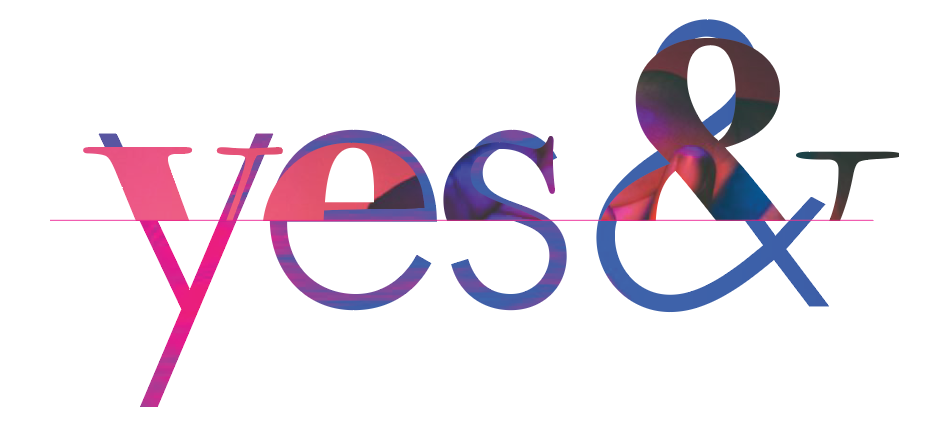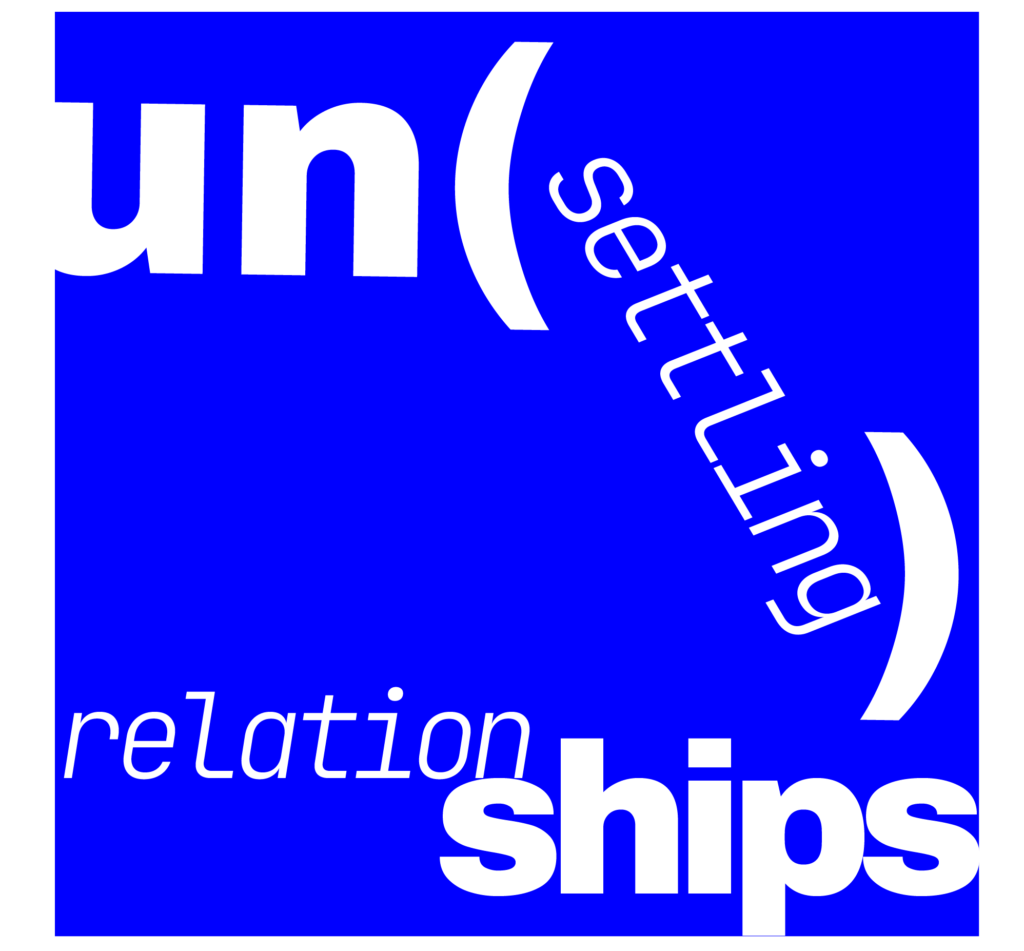DO DIVERSE RELATIONSHIPS CONSTRUCT DEEPER CONTEXTUAL UNDERSTANDING?
I am curious about the natural and technological ecosystems we exist within and act as the facilitators of exchange between both systems. Kate Darling gets the discussion of building relationships with animals and robots and how the human-thing interactions create a sense of belonging. I wonder if that belonging is in reference to a group/population, or a sense of belonging with oneself. Do the relationships we create with entities in our surroundings allow us to explore different parts of ourselves and build diverse connections? Does this range of connections allows us to feel connected and a sense of belonging to more?
I appreciate that Darling reflected on the concerns associated with building relationships with non-human entities and the differences of loving something and the desire around reciprocity. It makes me think about human relationships and exchanges with strangers. In public contexts, there have been many times that I have smiled at someone I do not know or held a door for the person behind me, I wasn’t doing that to change my life dramatically but I did it because I know I could help someone or be kind. It is sort of the same concept as the Pass It On project, its not necessarily thinking about what comes from a sole interaction, but how the ecosystem of chain events can shift someones day or their perception of their context.
I think once we get into a space of more acceptance of these types of relationships, then human to human interactions have the potential to be stronger (like the example about the ASD child in therapy). Diverse relationships allow us to have breadth in how we relate and associate with our surroundings, enabling a deeper more complex constructions of understanding with ourself.
Check out Kate Darling’s The New Breed: What Out History with Animals Reveals about Our Future with Robots on Amazon!
DO OUR EMOTIONS BLUR ALL OF OUR DECISIONS?
I found Lisa Barrett’s Ted Talk extremely interesting as she got into the topic of emotions as a link between your bodies sensations and understanding what is going on in the world around you. A lot of our discussion thus far in the semester have been around our future as a society, as designers, as consumers, etc. Especially connected to our conversations around speculative design last week, I wonder if our thoughts and ideas about what our future can and will be are blurred by emotions related to lived experiences. If we make predictions around what we have experienced before and make decisions based off our reactions to new stimuli, are we just stuck in the way we think about “what could be”?
This touches on her point of responsibility and our control over the way we sense and find meaning from the built world. How are we able to change? If actions are what facilitate emotional intelligence, then what types of moments create change if our actions are not inline with how we want to feel? How can design intervene to assist in those moments of transition?

